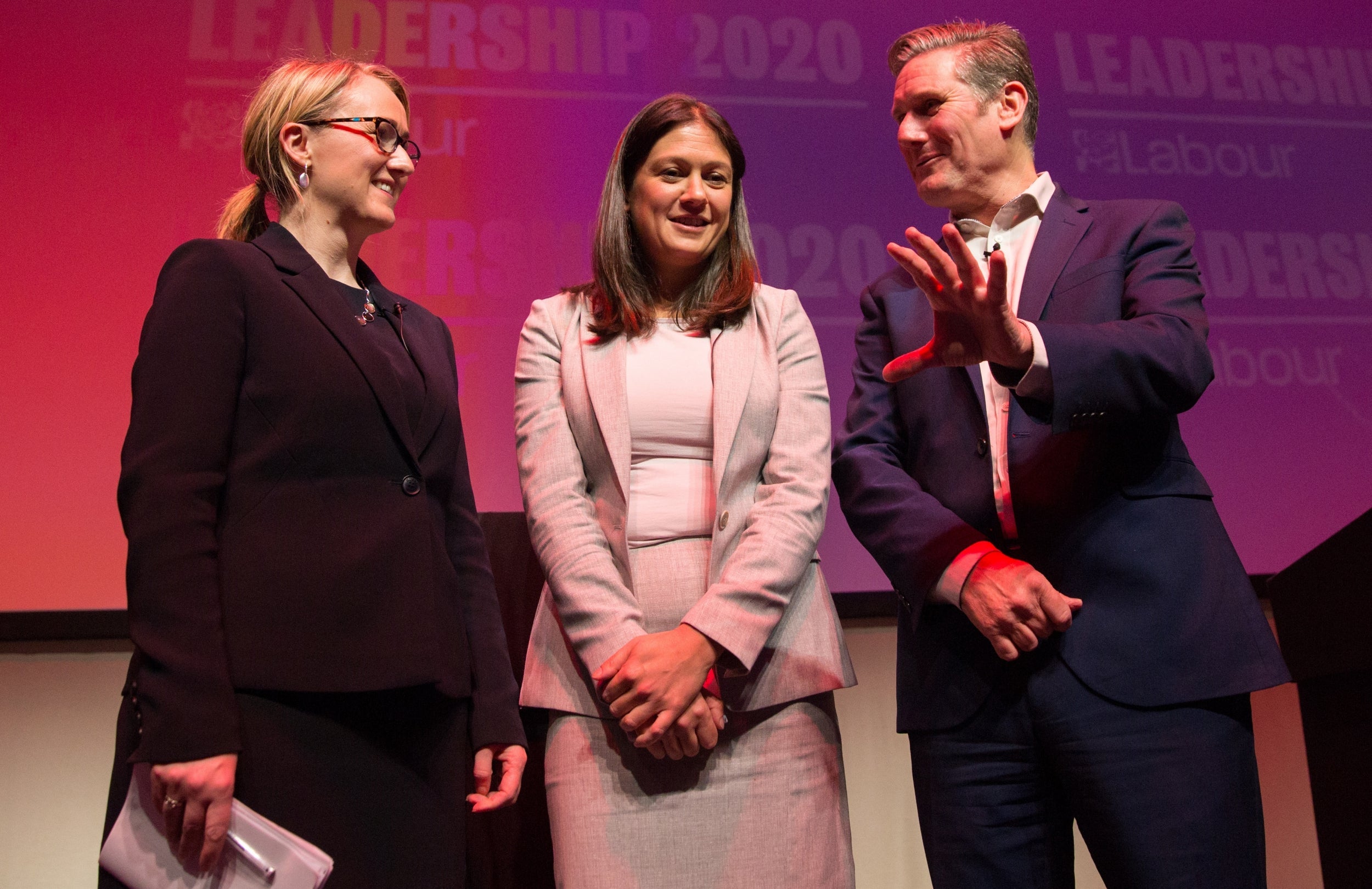Why is the Labour Party unable to take advantage of Boris Johnson’s missteps?
From the crisis in the NHS to a chief adviser run amok, the opposition seems incapable of exploiting the government’s problems, writes John Rentoul


A leadership election can either give a party the chance to show off its talent, or it can result in weeks of introspective paralysis. Labour’s current campaign seems intent on taking a holiday from reality and allowing Boris Johnson to set the terms of debate for the next four years.
The format of Labour hustings is not designed to give the candidates a chance to attack the government. Most of them have been taken up with would-be leaders striking poses to appeal to party members.
Journalists have struggled to generate headlines, which means that a lot of coverage recently has been about abolishing the monarchy, trans rights and which former leader is going to be in the shadow cabinet.
Meanwhile, at Prime Minister’s Questions, Jeremy Corbyn has drained even more energy out of what was once the fiercest cockpit of political argument, either asking predictable questions or pursuing his own atypical interests. Last week he asked a question condemning the imprisonment of Julian Assange.
In the past, contests to choose the leader of the opposition have been different. In 1994, Tony Blair was given a platform to show how dangerous he would be to the Conservatives. In 2003, Michael Howard was so successful in persuading Tory MPs he could take the fight to Blair that he was elected unopposed.
This time, Sir Keir Starmer, Rebecca Long-Bailey and Lisa Nandy have mainly avoided taking the fight to Johnson. The task of opposition has fallen to a stream of press releases put out by shadow ministers trying to look busy, in order to book themselves a place on the new leader’s front bench.
Even so, there is a gaping hole where the opposition should be. The NHS performance statistics are worse than they have ever been, and yet Labour is unable to make any dent on the public consciousness. The government’s post-Brexit immigration policy is obviously harder for Labour to attack, and yet all the public hears is that Starmer wants to restore free movement between Britain and the EU.
The prime minister has lost his chancellor, despite Johnson protesting – through intermediaries, because he hasn’t been seen in public for a week – that they had a strong personal relationship. The media are full of stories of Dominic Cummings, Johnson’s chief adviser, overreaching himself and alienating people, and yet the Labour leadership contenders seem unable to take advantage of the situation.
Partly, of course, this is because Johnson has just won a huge election victory. That gives a prime minister great power, and the chance – as Tony Blair said this week – to establish their “hegemony” over British politics.
All the more important, therefore, that a strong opposition tries to disrupt a strong government as it seeks to assert its dominance. Instead, the Corbyn clique decided that, although most Labour members will probably have voted by the end of next week, the leadership election should run on for another six weeks until 4 April.
Join our commenting forum
Join thought-provoking conversations, follow other Independent readers and see their replies
Comments